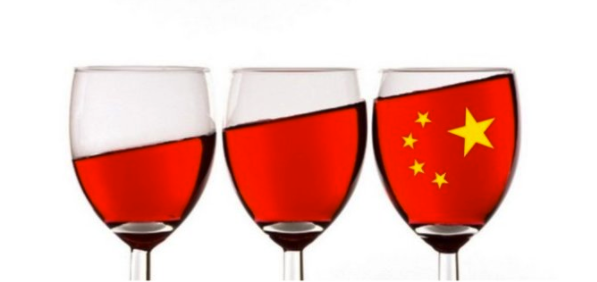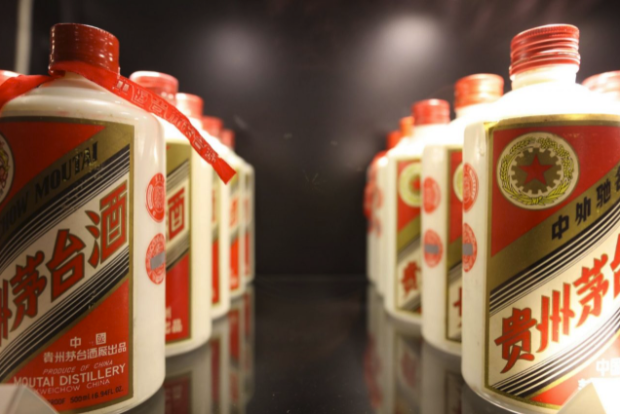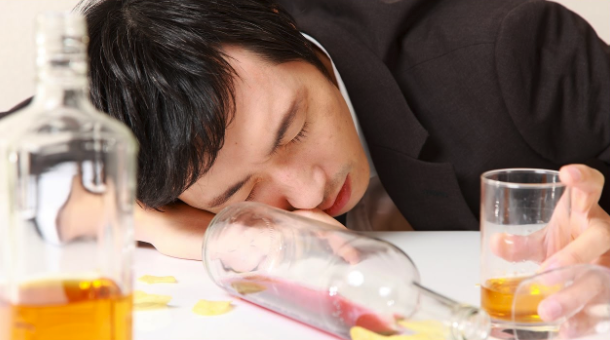DISCLAIMER: This article extensively discusses alcohol.
Alcohol is considered the life of a party all over the world. People desire its mood-altering effects — and there is no better place for this than a social gathering.
Consumed moderately, alcohol may bring a variety of health benefits. One possible benefit is a decreased chance of contracting diabetes.
However, consumers need to be aware of the dangers it can bring when consumed in excess.
Chinese society incorporates alcohol not only into daily life, but professional life as well. Their drinking culture is similar to, yet distinct from, Western drinking culture.
How is alcohol viewed in China?
Ever since ancient times, Chinese people have viewed alcohol as sacred. It was originally used as a sacrificial offering to appease the heavens.
Alcohol is now far more widespread thanks to distilling processes. Although it is no longer used ceremoniously, it is still mostly drunk in social settings.
This even includes business meetings as it is said to bring luck. As a result, the alcohol is usually brought out after an especially successful work day.
Due to the fundamental presence alcohol has in Chinese society, people are expected to drink until they are drunk. This is a sign of gratitude towards the host.
However, everyone has different reactions to alcohol. Some people might get hurt participating in this ritual.
Which alcoholic beverages are popular in China?
Historically, baijiu (白酒) has been incredibly popular in China.
This spirit is made from fermented grains, namely sorghum, rice or millet. Known for its unique smell, this beverage is usually drunk with other people, never alone.
Lately, red wine has been picking up in sales, especially among office workers. Since red is the color of fortune and luck, it is not surprising for red wine to be trending.
What is the impact of alcohol in China?
Chinese medicine has always viewed alcohol as having a positive health effect.
Chinese medicine believes that alcohol can heat a person up, increase blood flow by opening blood vessels and stimulating appetite, among other effects.
Even renowned herbalist Li Shizhen said, “[Alcohol] strengthens the spirit…disperses worry and dispels moodiness.”
These views explain why alcohol is viewed so positively in China: more people want to partake in these benefits.
Unfortunately, this means that more and more Chinese people are developing alcohol addictions.
This is likely due to the increased amount of alcohol being sold as time has passed. In fact, the per capita alcohol consumption has increased from 4.1 liters in 2005 to 7.2 liters in 2016.
China might worship alcohol, but steps should be taken to prevent more health problems relating to alcohol from spreading.
On a similar note, more and more Chinese citizens have been advocating for bringing down work drinking culture.
This came after a case where an employee was ridiculed and chased out of a banquet by her coworkers and employers after refusing to drink due to personal reasons.
Social media mostly sided with the coworker. Netizens have been vocal in calling for alcoholic beverages with lower alcohol content.
It is invigorating to see Chinese citizens calling for changes in a long-standing tradition.
What are your thoughts on Chinese drinking culture? Is it different from what you expected? Let us know in the comments!






0 Comments